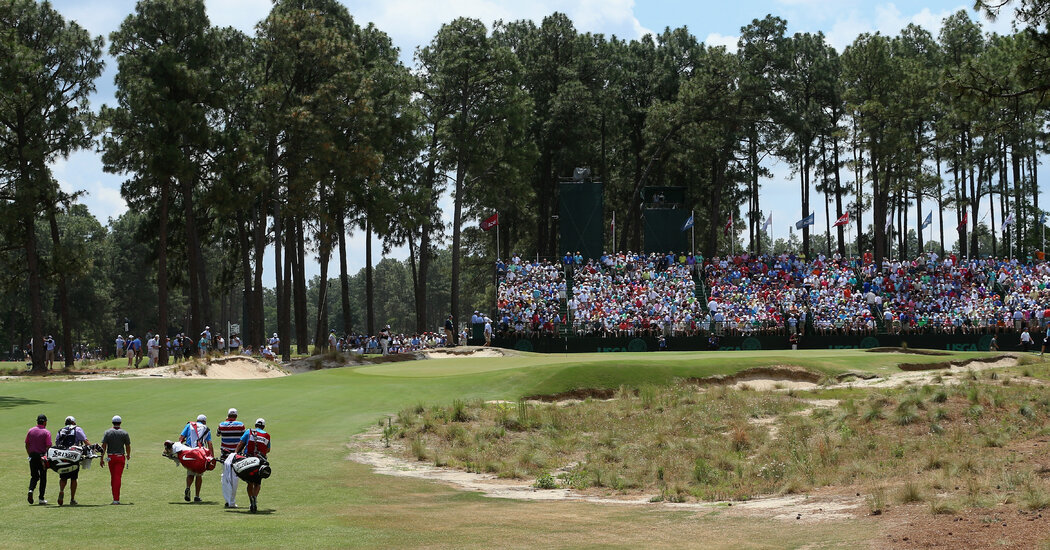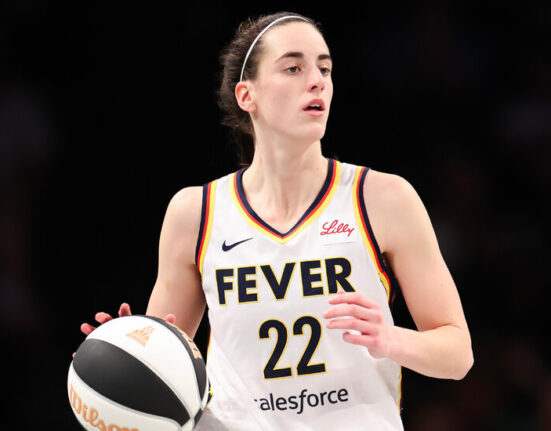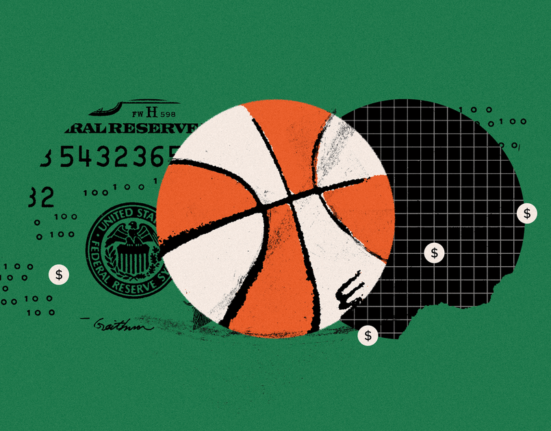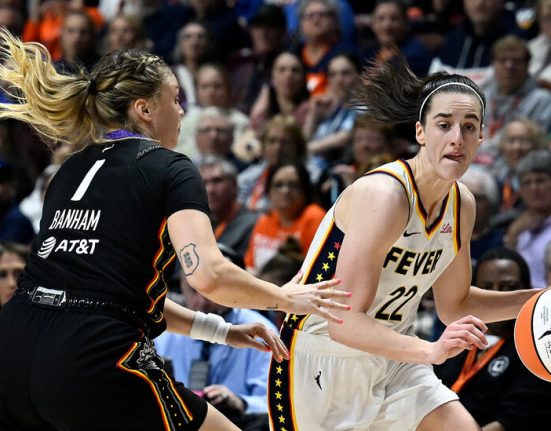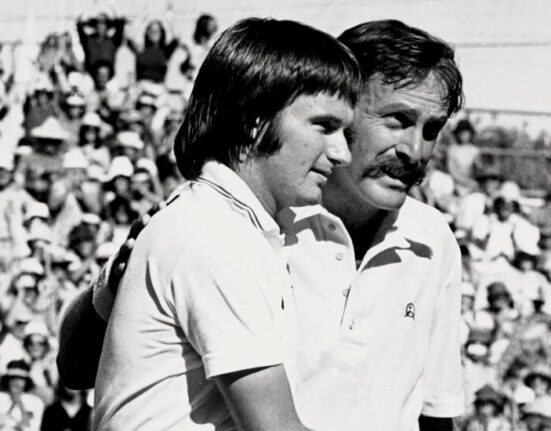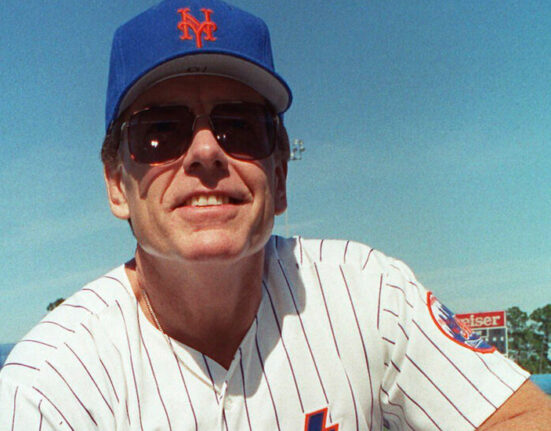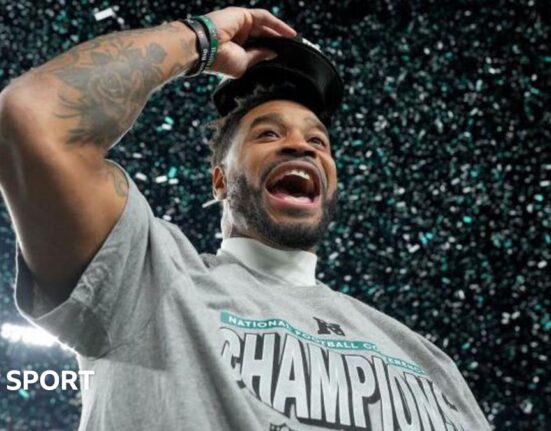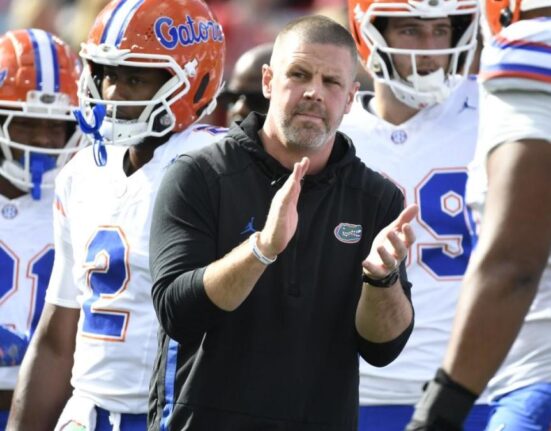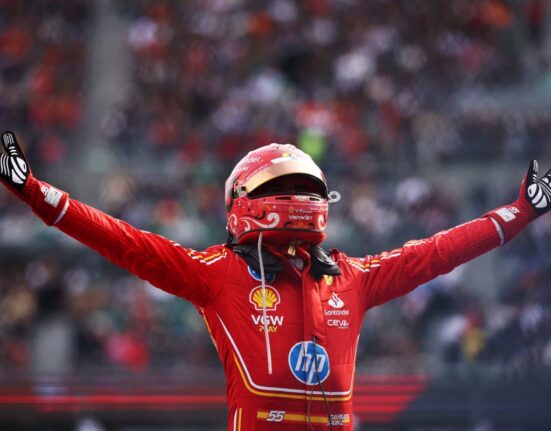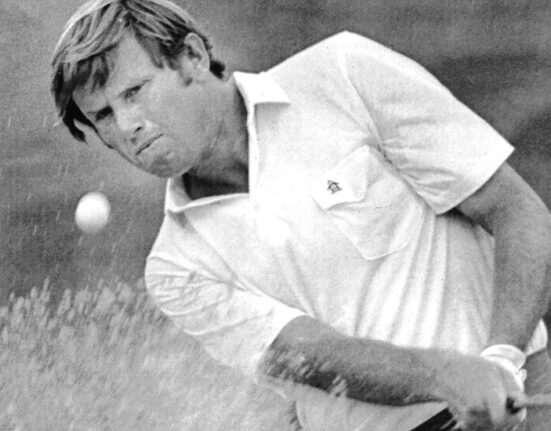Willie McRae, a caddie who spent more than seven decades at the Pinehurst Resort & Country Club, the host of this week’s U.S. Open, was a beloved figure who did his utmost to help his players.
“My dad would always tell the story that his job depended on what kind of tip he got,” said Paul McRae, his son who is a golf instructor at the Pinehurst Golf Academy. (His father died in 2018 at 85.) “He’d occasionally come home with holes in his pocket so he could drop a ball for a golfer. Those other guys would say, ‘Man, you sure play good when Willie is here, but you don’t when Willie isn’t around.’ He knew how to make players feel good.”
Pinehurst is a cradle of American golf. Donald Ross, one of the most prolific golf course architects, lived in the town and tested out ideas about course design at the club. But it also has an underappreciated role in American caddying.
What was once a profession that was looked down upon, caddying has gained respect over time. It’s now an integral part of the experience at golf resorts around the world. After all, there is no one else who spends five or six hours with guests as guides, psychologists and storytellers.
“During the last U.S. Open, Justin Rose came in early and took my dad out on No. 2 so he could read the greens for him,” McRae said. No. 2 is the championship course. “My dad caddied for Ben Hogan. Hogan would ask him, ‘Where should I aim?’ My dad would say, ‘Aim at that tree.’ Hogan would say, ‘Which part of the tree?’”
Two years after the first Open at Pinehurst in 1999 — this is the resort’s fourth — Pinehurst recognized some of its most famous caddies with a hall of fame. Willie McRae, Fletcher Gaines, Robert Robinson, Jimmy Steed, Teddy Marley, Robert Stafford, Hilton Rodgers, John T. Daniel and Jeff Ferguson were in that first class of inductees in 2001.
In addition to being the course designer, Ross was also the resort’s caddie master and recruited men from the community.
“The caddie game at Pinehurst is thriving for a number of reasons, among them the facts that caddies are a part of the Pinehurst tradition, the No. 2 course is imminently walkable, and the curious design of the greens makes their local knowledge worth several strokes a round,” wrote Lee Pace, in his 2012 book “The Golden Age of Pinehurst.”
Still, the Pinehurst caddies are less well-known than their counterparts at Augusta National Golf Club in Georgia. Augusta required golf professionals to take a club caddy for the Masters Tournament until 1982, and that rule made golf stars out of men like Carl Jackson, who caddied for Ben Crenshaw for decades and was with him for both of his Masters victories.
“The Augusta caddies developed this niche as a great caddie pool from the Masters,” said Ward Clayton, the author of “The Legendary Caddies of Augusta National.” “Augusta is well known for its mysterious greens. But Pinehurst has a similar sense with those inverted-saucer greens that Donald Ross built. Players are a little bit flummoxed by those greens. A caddie was like having a coach in those rounds.”
This week, few players will show up without their regular caddie on the bag. But for any who do, the go-to guy is Thomas Trinchitella, who caddied for Tiger Woods during practice rounds before the 2005 U.S. Open at Pinehurst and Rory McIlroy before the 2014 one. He’s a bridge between the past and present of Pinehurst caddie history.
“I got to caddie a little bit with Willie McRae toward the end of his career,” Trinchitella said. “Listening to those guys go back and forth in the caddie room about who is the best green reader, who could play this hole better, it was comical. They were the veteran guys. People just loved them.”
One critical thing has changed over the decades: the money. McRae finished caddying and went to work the night shift, his son said. The winning caddie at the U.S. Open will earn 10 percent of the $3.6 million first-place prize.



